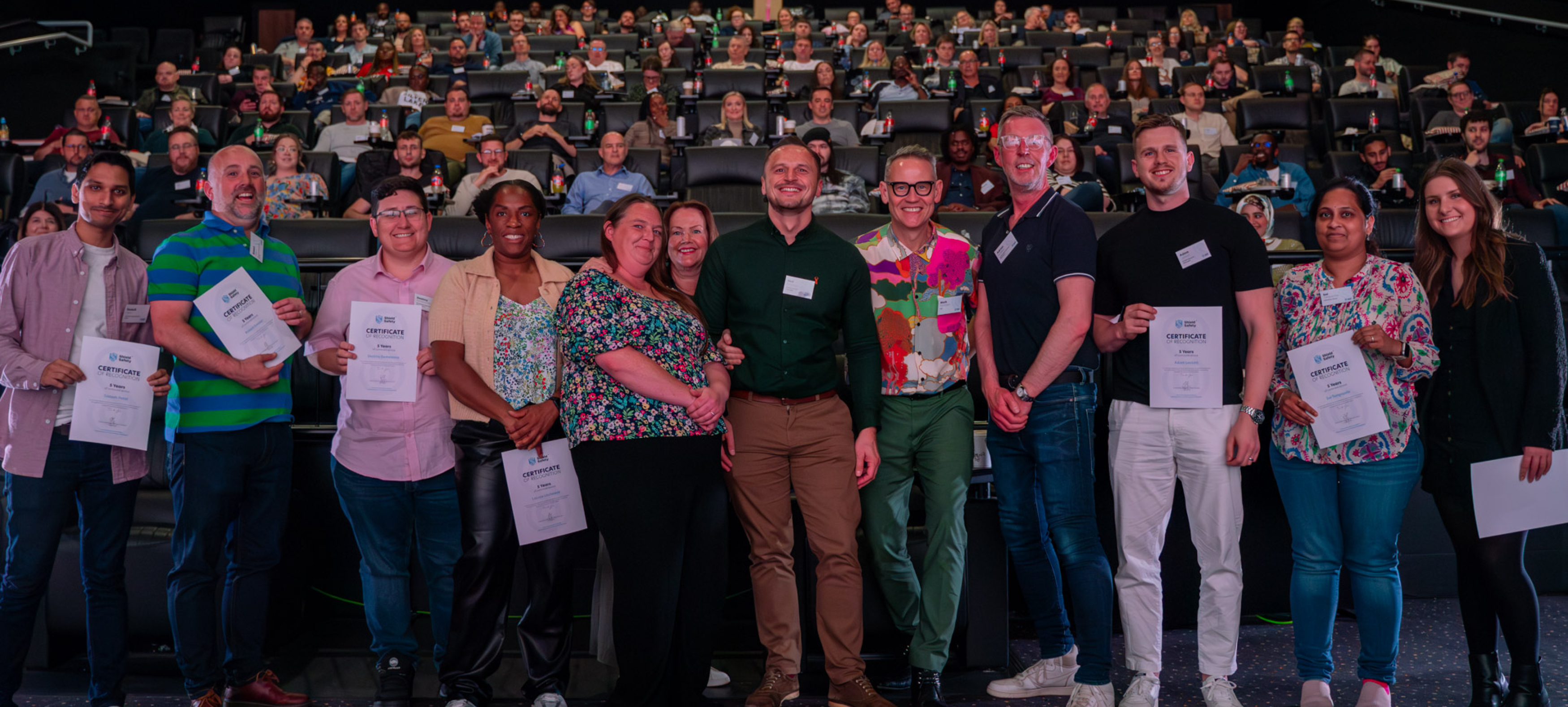Drinking straws are thought to have been in existence for over 5000 years. Eating Utensils reports that archaeologists who uncovered ruins of Sumerian cities and tombs found straws made from gold and the precious stone lapis lazuli. It is thought that these relics signify earlier versions of the instrument were used even further back than that, making the drinking straw one of the oldest eating(/drinking) utensils ever made.
It was during the industrial revolution in the 1800s that the drinking straw became popular among the masses, with the introduction of rye grass straws shortly followed by paper straws which ruled the market until the 1960s.
Enter the mass-produced, plastic straw – a long-standing drinks accompaniment that many came to expect as part of good customer service. Until recently. The plastic straw has become infamous over recent months, across multiple platforms, during discussions on plastic pollution.
So, what happened to make one of the oldest utensils ever made fall out of favour?
Why straws suck
As aptly pointed out by Ecostrawz, a ‘single straw may seem insignificant, however an individual who uses one straw a day, for the next decade, will throw 3,650 separate pieces of plastic into the landfill.’ Whilst some straws can be recycled, the stark reality is that they either end up in landfills where they take 500 years to rot, or make their way into the world’s oceans and seas. Greenpeace UK estimate that a colossal 12.7 million tonnes of plastic pollution makes its way into our oceans each year. And the millions of straws that are used every day – many just for a few minutes – are in the top 10 of items found during beach cleanups.
Straws might make up only a relatively small amount of plastic pollution because of their size, but in fact ‘their size makes them one of the most insidious polluters because they entangle marine animals and are consumed by fish’ according to National Geographic. This Youtube video of a sea turtle with a straw up its nostril that went viral back in 2015 still makes for uncomfortable viewing, acting as a call to action for change that can’t be ignored.
The story so far
There are many campaigns including The Last Plastic Movement, the Strawless Ocean Movement (#stopsucking), OneLessStraw and Refuse the Straw – many of which have been fighting the cause for quite some time – who all share the same goal: to reduce the use of plastic straws and protect our environment. The Last Straw, a joint campaign launched by the Morning Advertiser plus industry bodies the British Institute of Innkeeping (BII), the British Beer & Pub Association (BBPA) and our partners the Association of Licensed Multiple Retailers (ALMR) has had a strong start generating much support. A campaign of the same name has also been launched in London by the Evening Standard. Here at Shield Safety Group, we fully support these movements.
Here are a few of the those leading by example:
One of the first companies to declare ‘straws suck’ was our client Oakman Inns on Earth Day, 22nd April, 2017. The company was using more than 100,000 plastic straws a month across its 17 sites and saw that this could not continue. CEO Peter Borg-Neal remains an ambassador for the move away from plastic straws.
Mitchells & Butlers company, All Bar One, (who also happen to be Shield Safety clients) followed suit in June 2017. Either phasing them out altogether or offering biodegradable substitutes by Vegware.
Pub operator, JD Wetherspoons, made a move to stop automatically putting straws in drinks in September 2017 and now offer eco-friendly alternatives across their 900 sites. It’s thought that this group alone will save a whopping 70 million plastic straws from entering landfills, or worse.
Representing the restaurant industry, Shield Safety clients Novus Leisure and PizzaExpress have also backed The Last Straw campaign. The 460 branch pizza veterans made their pledge after receiving this letter from 5-year-old Ava:
Who could refuse such a reasonable request?
Straw alternatives
With industry giants getting on board, and more following suit all the time as reported by The Morning Advertiser, positive steps are certainly being made. So, what else can be done to support the movement?
If you’re not a fan of ‘going naked’ (not having a straw), here are a few alternatives to consider as suggested by Pebblemag:
- Bamboo straws
- Metal straws
- Glass straws
- Paper straws (biodegradable of course)
- Silicone straws
A parting thought
As a final thought, we’ll leave you with this moving speech from the legendary David Attenborough at the recent National Television Awards.
Remember: Straws suck, you don’t have to.
The information contained in this blog article has been created for marketing purposes and is not official guidance and should not be used as a substitute for official Food Safety, Fire Safety and Health & Safety advice. Shield Safety take no responsibility if the information in the blog article is used to form part of a safety management system or used to form part of any legal or regulatory compliance for your business. For official guidance and to engage with Shield Safety services please do call our team on 020 3740 3744 or email hello@shieldsafety.co.uk.


